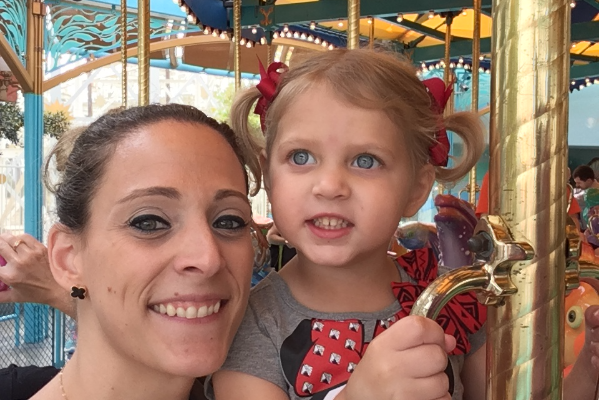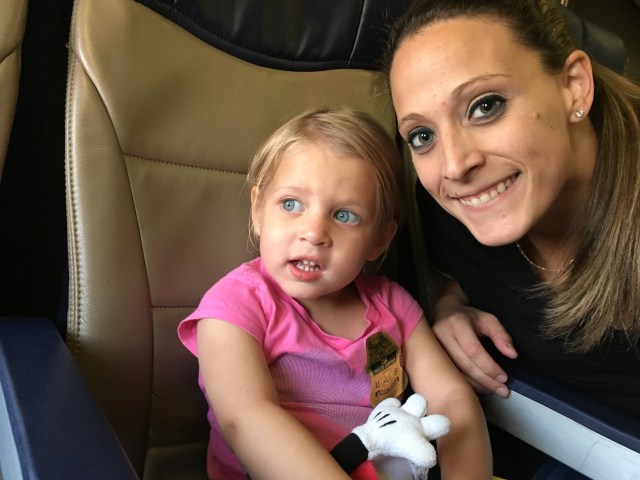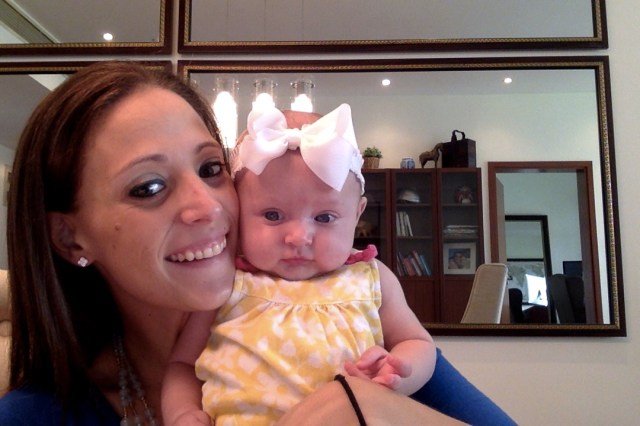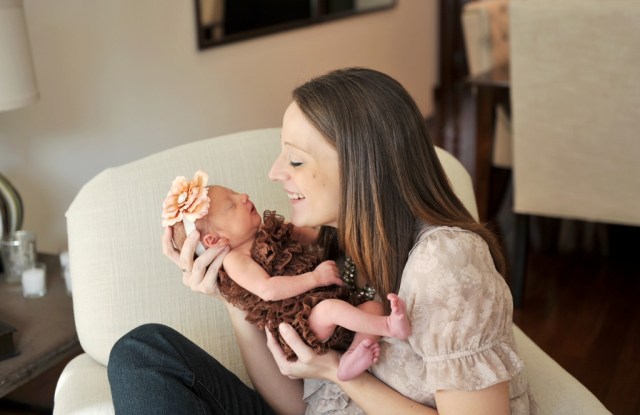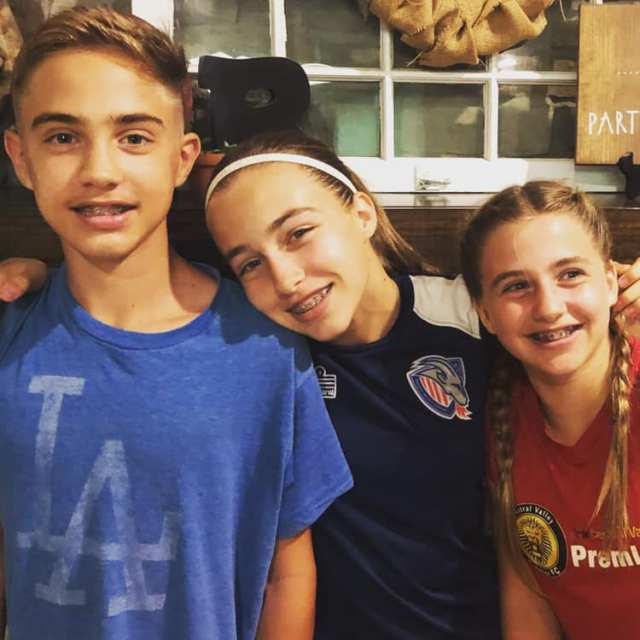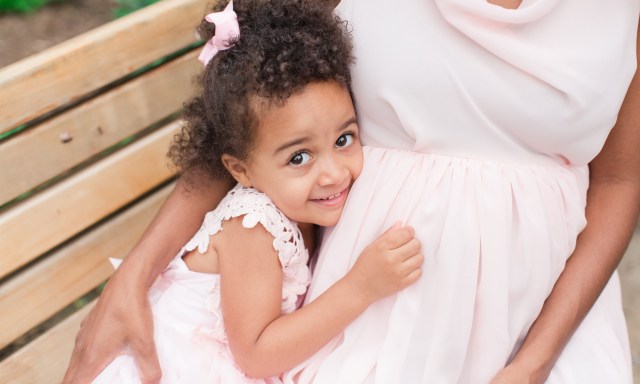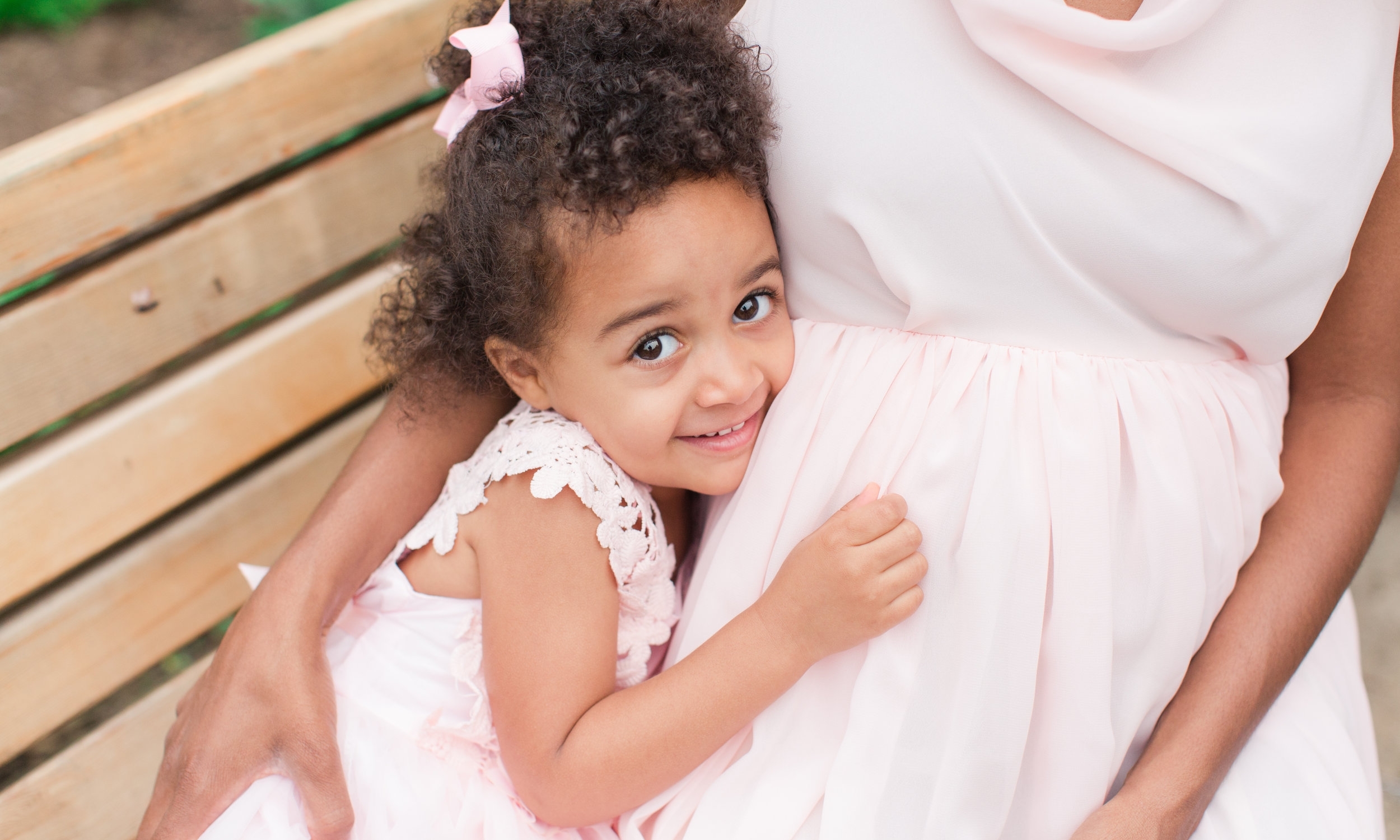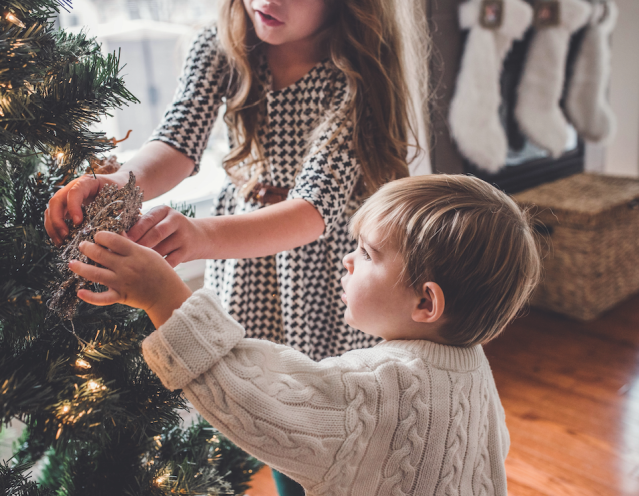Recently I was talking to my friend who was struggling with her sons new habit. Screaming at the top of his lungs. What do I do, she asked me? So I suggested squirting him with a water bottle every time he did it. “You mean, like a dog?!?!” We both giggled, as if to concur, we both were completely perplexed. How many times does this happen? Our sweet and charming little children pick up mannerisms, attitudes and behaviors that leave us completely puzzled. On a daily basis I spend about 10-13 minutes wishing that children came with an owners manual. I really do not know how people parented before the Internet. In the past 3 days I have googled, “toddler sleep regression”, “child fearing monster in the toilet”, and my favorite, “How to explain a vagina to a 2 year old.”
Because Samantha is my first child I am constantly being faced with the wretched realization that I have no idea what the hell I am doing. Every time she talks back, disobeys or challenges me, I have to assess the situation. “Quick, Cat! Whatchu gonna do? Don’t show fear, she smells it.” So I close my eyes, take a deep breath, and think about what Super Nanny would do. Too bad I don’t have a British accent. That woman could discipline a tadpole and it would listen.
Nevertheless, I do read the parenting books. If you came to my house and glanced at my bookshelf you would think you were at a pediatric therapists office. The books that say consistency is key. The advice that says “let the natural consequence be the punishment.” Or then you get the opposing guidance, “When they rebel, they really just need your love. Grab them and hug them generously.” Is it really any wonder why we sit here on our couches totally confused with all the parenting wisdom we are being hurled? Do I need to ignore Samantha’s tantrum or chase her down the hall for cuddles?
It is times like these where I am thankful that I have my mother. My mom is a teacher and spent time in child development classrooms learning about behavior, discipline and adolescence. I am often calling her saying, “I did A. B. and C. but its not working, what now?” or “Samantha keeps licking our arms. Is this normal?” After she laughs at all my questions she acknowledges my worries and then gives me some sort of encouragement that goes along the lines of, “You’ll be okay.” I secretly think she loves that I am now feeling all the despair and confusion that I gave her when I was younger. Touché, Grandma!
Now, let me be clear. I am writing this because 1) I am beginning to realize (and appreciate) that we are ALL baffled on this parenthood puzzle. 2) It needs to be talked about more often. Why are performing like we have all our ducks in a row? And 3) I need some humility and humor to get me through the day. I am on my 6th Oreo and its barely 11am.
Regardless of how hard children can be, I love being a Mom. I love that she jumps on the couch yelling, “Mom, lets cuddle!” Or when she mimics what I do in order to be just like me. I admire my daughters’ humor, her joy, and the way she can make a stranger smile. I love that she makes me want to be a better Mother, and I hope that I can be that, however, I know that she’ll forgive me if I don’t have it all figured out. She’ll love me regardless. This I know.
